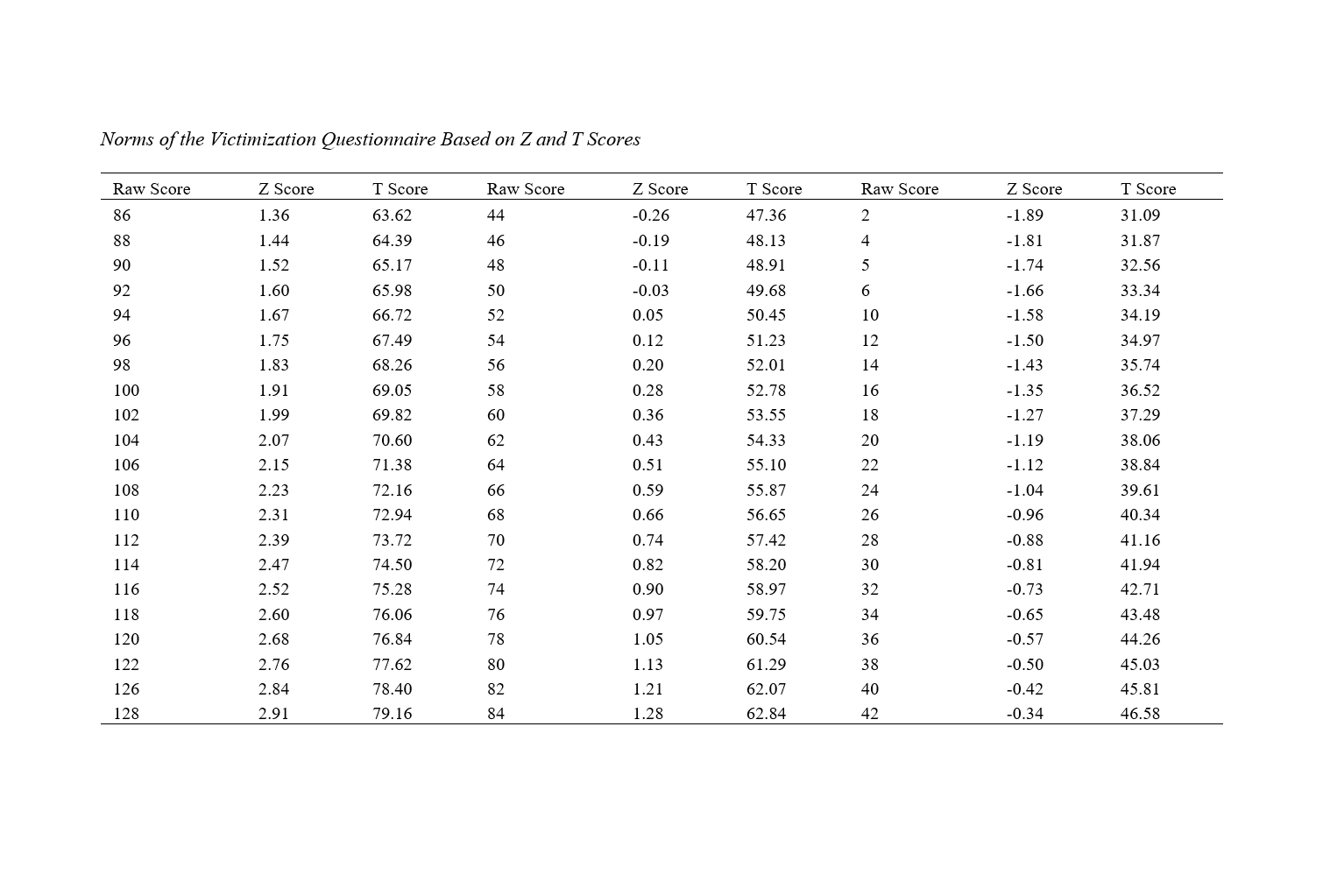Development and Validation of the Adolescent Victimization Perception Questionnaire in Iranian Adolescents
Keywords:
Victimization perception, validation, victimization, adolescentsAbstract
Objective: Victimization has increased in recent decades and is now considered a concerning factor for public health. Adolescents are vulnerable and impressionable, and their early experiences of inappropriate relationships and victimization may potentially create a pattern for their future unhealthy relationships. This study aimed to design and validate a tool to measure the perception of victimization in Iranian adolescents.
Methods and Materials: This descriptive and survey-based study included a statistical population of adolescent students aged 12 to 20 years. The sample was purposively selected and calculated to be 343 participants based on Mueller’s formula. The research instrument initially comprised 49 items, which were reduced to 44 items after analysis. Data analysis was performed using exploratory and confirmatory factor analysis methods. The research data were analyzed using SPSS19 and LISREL8.8 software.
Findings: The results of exploratory and confirmatory factor analysis indicated that the Victimization Perception Questionnaire has five factors: emotional-mental, behavioral (verbal and non-verbal), virtual, sexual, and physical. The validity of this questionnaire was confirmed by experts' opinions. The construct validity of the Victimization Perception Questionnaire was examined using exploratory and confirmatory factor analysis. To assess the reliability of the questionnaire studied in this research, Cronbach’s alpha coefficient was calculated for the entire test and the five discovered subscales. Accordingly, the reliability coefficients for the overall scale and the five identified dimensions were 0.94, 0.91, 0.84, 0.91, 0.89, and 0.78, respectively.
Conclusion: Based on the results of this study, this scale has appropriate reliability and validity for measuring the perception of victimization in Iranian samples.
Downloads

Downloads
Additional Files
Published
Submitted
Revised
Accepted
Issue
Section
License

This work is licensed under a Creative Commons Attribution-NonCommercial 4.0 International License.








